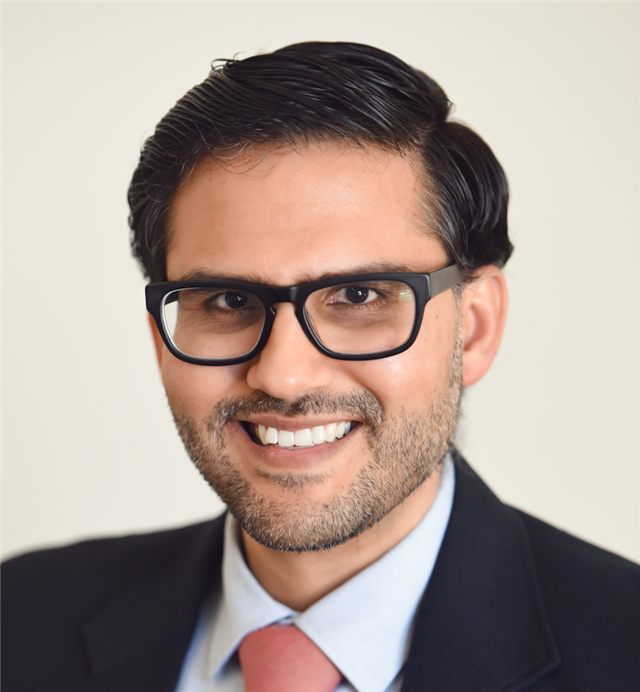|
|
|
Director's Brief
Steven Lin, MD
Executive Director of HEA₃RT
Welcome! In this issue, we are excited to spotlight our partnership with four major academic institutions as part of the newly formed National Primary Care AI/ML Learning Collaborative, as well as a collaboration with the Division of Oncology to improve advance care planning with AI/ML. We also present preliminary results from our ongoing AI/ML-powered skin health screening project in the San Jose community with Google and Santa Clara Family Health Plan. See what we’re working on and join us!
|
|
|
|
|
National Primary Care AI/ML Learning Collaborative, led by HEA₃RT, aims to advance a shared vision of AI/ML for primary care |
|
|---|
|
Despite being the largest U.S. health care delivery platform, primary care is at risk of being left behind in the research, development, and implementation of AI/ML applications. Although primary care accounts for 52% of all care delivered – more than all other specialties combined – only 3% of FDA-approved AI/ML tools are intended for primary care, and less than 1% of AI/ML research funding goes to primary care.
|
|
|---|
|
Proactively identifying oncology patients for advance care planning using artificial intelligence |
|
|---|
|
In a recent survey of Californians about attitudes towards death and dying, almost 80% of respondents indicated that they would like to speak with their doctor about end-of-life care, but only 7% had ever had a doctor bring up the subject. Though conversations about end-of-life care, also known as advance care planning, have the potential to measurably improve health outcomes, these conversations happen too infrequently and too late, resulting in suboptimal care delivery.
To address this challenge, providers within the Stanford inpatient oncology service recently implemented an AI-enabled workflow to facilitate the timely identification of patients for advance care planning conversations prior to discharge from inpatient oncology. However, despite the theoretical potential of this tool, little is known of the human factors from patients and providers which influence the feasibility and acceptability of the AI-enabled workflow.
HEA₃RT is partnering with Dr. Ali Raza Khaki and the Stanford Division of Oncology to gather patient and provider perspectives surrounding the implementation of AI-enabled workflows in inpatient oncology–as well as the role of AI-technology in patient care delivery more generally– in a series of qualitative interviews. We look forward to using the insights gleaned from this study to inform a more nuanced approach to the implementation of novel health technologies across all patient care contexts.
|
|
|---|
|
Affiliate Faculty Spotlight |
|
 |
Ali Raza Khaki, MD
Faculty
Dr. Ali Raza Khaki is a medical oncologist and clinical assistant professor at Stanford University School of Medicine. As a practicing oncologist, Dr. Khaki treats patients with all forms of genitourinary cancer, and spends time attending on the inpatient oncology service at Stanford Hospital.
In addition to his clinical practice, Dr. Khaki is closely involved in clinical oncology research. His research interests include using real-world evidence to investigate the utilization of novel therapies in patients with genitourinary cancers, and exploring health care utilization and cost for patients with advanced cancer. Dr Khaki is currently collaborating with HEA₃RT on a study aiming to better understand the feasibility and acceptability of an AI-enabled workflow for identifying and flagging patients for advance care planning in inpatient oncology settings.
Outside of work, Dr. Khaki enjoys spending time with his family (including coaching his 5 and 7-year old kids little league baseball) and is an avid Seattle sports fan (go Seahawks!).
|
|
|
|
|
 |
Julie Lee, MD, MPH
Clinical Informatics Fellow
Dr. Julie Lee is a Clinical Informatics Fellow and internal medicine physician. Her motto as an informatician is "functionality meets aesthetics," as human-centered design should not go remiss when building clinical digital tools. She grew up in Los Angeles and received her BA in Psychology from Columbia University, MPH from Yale University, and MD from the University of Buffalo.
At Stanford, Julie has led projects in clinical decision support and workflow improvement including integration of the PDMP Report into the electronic health record and refining the design, intake, and life cycle of Best Practice Advisory alerts. She is collaborating with HEA₃RT to learn more about clinical application of AI, specifically on comprehensively assessing the usability and feasibility of a population health management tool with AI risk prediction. She is also committed to making sure technology can reduce physician burnout and has piloted innovative tools to standardize InBasket response, triage, and action.
In her free time, Julie enjoys creating digital illustrations, discovering new food places, and teaching her cat new tricks.
|
|
|
|
|
|
April 5, 2023 (Stanford, California)
|
|
|
|
|
National Primary Care AI/ML Learning Collaborative Convening
May 10, 2023 (Virtual)
HEA 3RT led the second virtual convening of the National Primary Care AI/ML Learning Collaborative with researchers from University of Houston, University of Pittsburgh, University of California San Diego, and University of Texas Health Science Center at San Antonio. |
|
|
|
|
|
May 20, 2023 (San Jose, California)
HEA₃RT, Google, and SCFHP conducted their AI-powered skin health screening study at the community health fair – the fourth in a series of community-based participatory research events. |
|
|
|
|
Recent Publications & Presentations |
|
Voice assistants’ responses to questions about the COVID-19 vaccine: national cross-sectional study – JMIR Formative Research. 2023;7:e43007. Published February 8, 2023.
Feasibility and acceptability of a U.S. national telemedicine curriculum for medical students and residents: multi-institutional cross-sectional study – JMIR Medical Education. 2023;9:e43190. Published May 8, 2023.
|
|
|---|
|
The doctor is AI – Politico. Published April 27, 2023.
ChatGPT answers patients’ online questions better than real doctors, study finds – Gizmodo. Published April 28, 2023.
|
|
|---|
|
Thank you for taking the time to read our quarterly newsletter! Visit our website if you would like to learn more about our work. If you would like to sign up to receive future updates from our team, please fill out this form.
- The Stanford Healthcare AI Applied Research Team
|
|
|---|
|
| |
|
|
| | |
|  |
|
|
|
|
